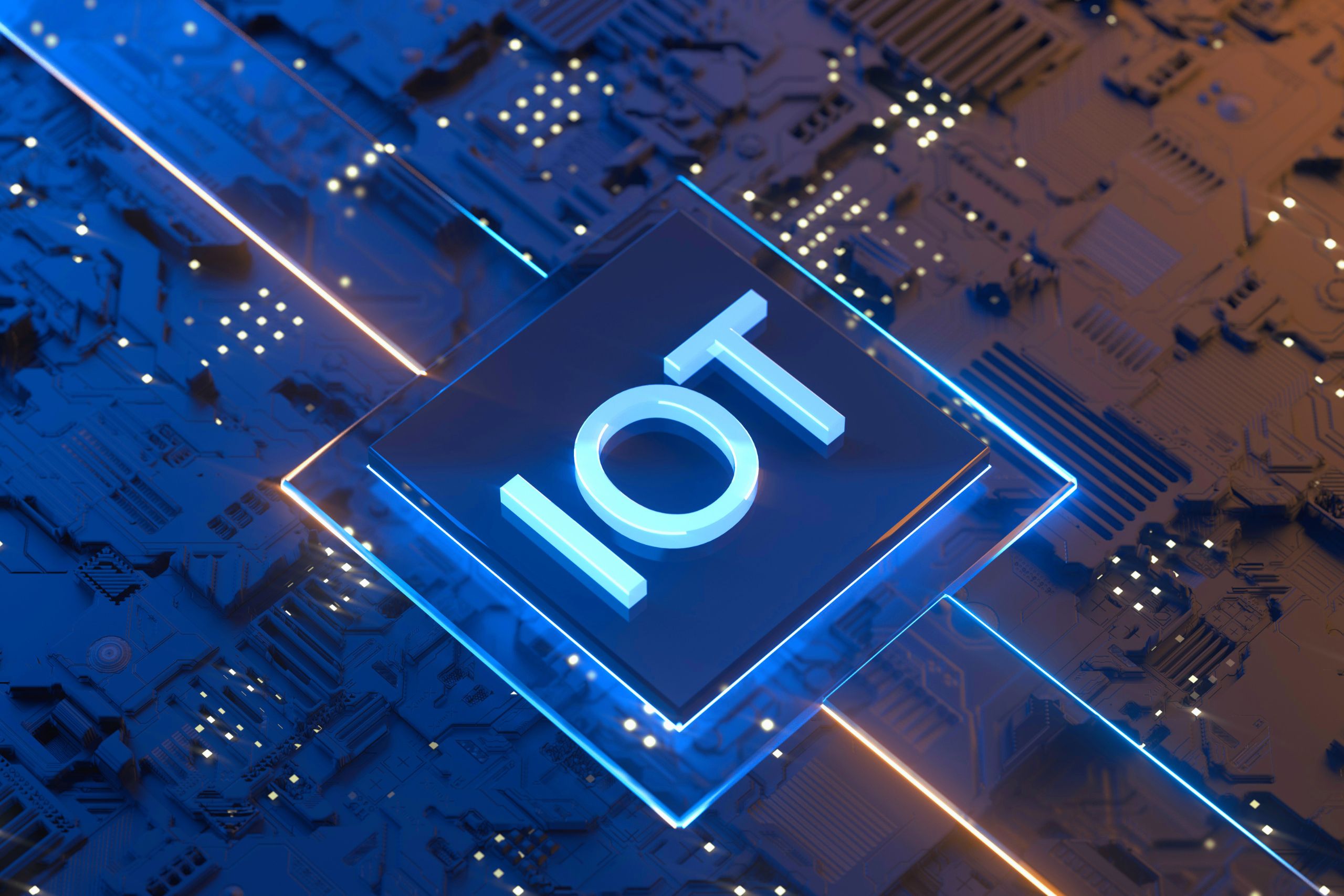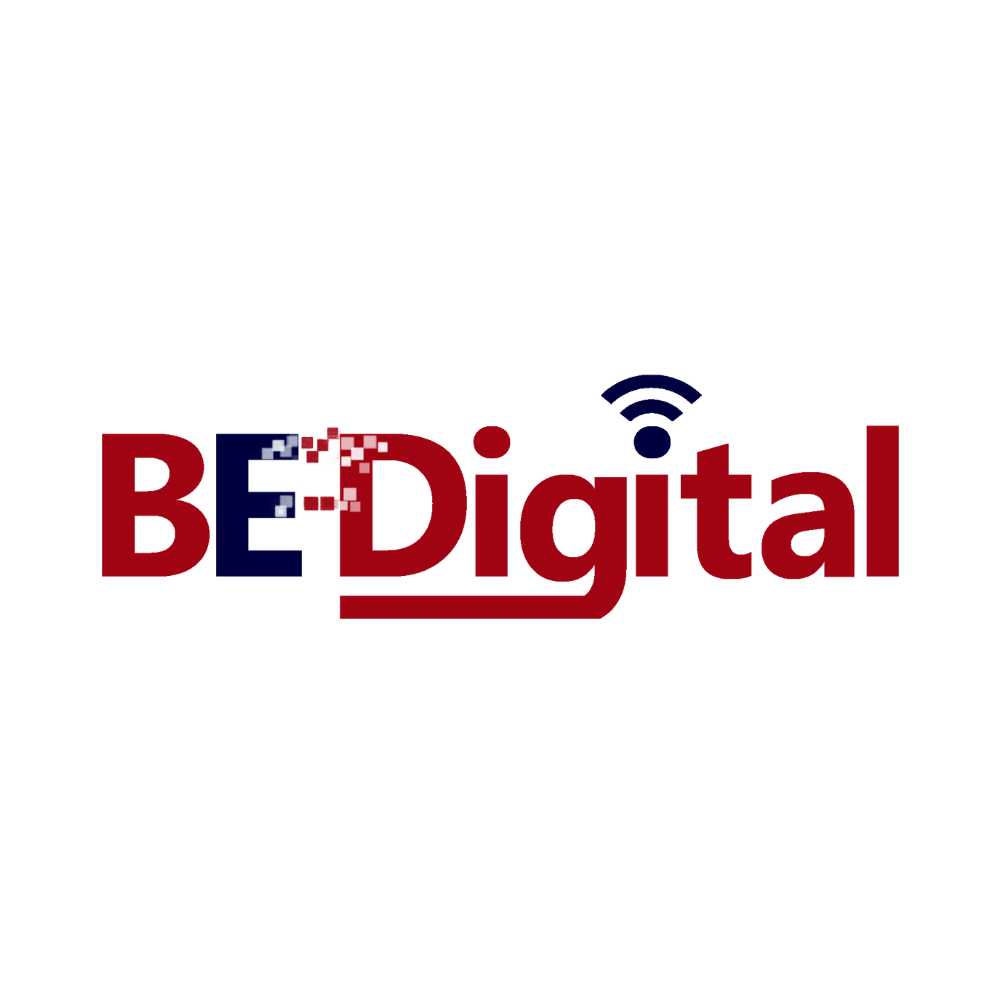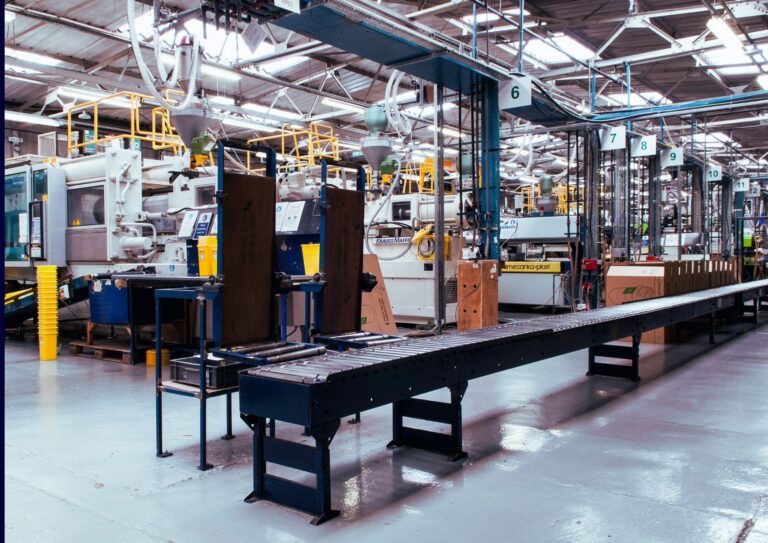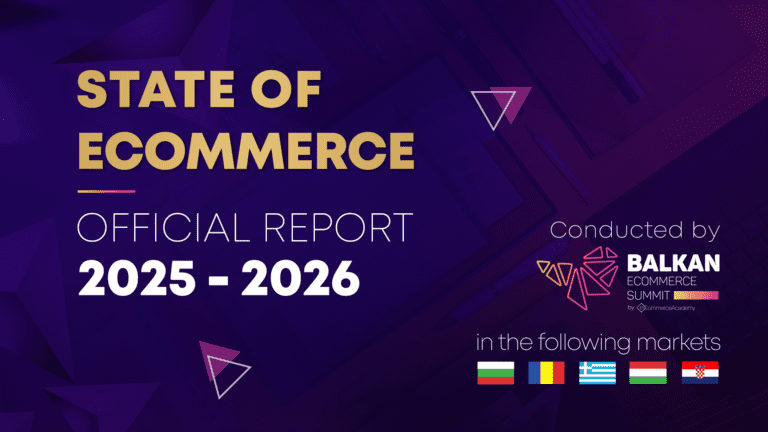The Internet of Things (IoT) and its Role in Business Digitalization
With the development of technologies, the business environment is changing at an extraordinary speed, and digitization is being established as a leading factor for the success of enterprises. One of the most innovative and influential tools in this transformation is the Internet of Things (IoT). This technology creates new possibilities for collecting and analyzing data, optimizing business operations and building new digital services.
What is the Internet of Things?
The Internet of Things (IoT) refers to the interconnectedness of physical devices and objects that can communicate with each other and transmit data over the Internet. This includes devices such as sensors, machines, smart homes, industrial machines and many more. Through these networks, data is collected in real time and used for more informed decisions, optimization of processes and provision of new services.
IoT As a Key Element in Business Digitalization
IoT has already proven its effectiveness in various industries, from manufacturing and logistics to healthcare and commerce. For small and medium-sized enterprises (SMEs), which often struggle to compete in the global market, IoT integration can be a critical factor in their success in the digital age.
- Data collection and analysis
- One of the biggest benefits of IoT is its ability to collect large volumes of data in real time. This includes information about production processes, user preferences, equipment performance and much more. This data is used to analyze and optimize operations, making faster and more informed business decisions. For example, manufacturing companies can use IoT devices to monitor the health of their machines in real time and prevent potential breakdowns through predictive analytics. This reduces downtime and repair costs while increasing production efficiency.
- Optimization of operations
- IoT systems allow businesses to optimize their processes through automation and increased efficiency. In supply chains, IoT devices help track the movement of goods in real time, enabling better inventory management and optimization of logistics processes. This reduces the likelihood of product shortages and improves customer satisfaction. In addition, IoT can help with energy optimization by automatically adjusting temperature, lighting or other systems in enterprise buildings based on actual needs. This reduces energy costs while improving business sustainability.
- Creation of new digital services
- By leveraging IoT, companies can create new business models and digital services to meet consumer needs. For example, appliance manufacturers can offer real-time support by using IoT to monitor product performance and offer remote service or software updates. In retail, IoT can help create personalized customer experiences. By using data from smart devices, businesses can offer personalized offers and promotions based on customer behavior and preferences. This increases customer satisfaction and drives sales.
IoT As a Driver of Innovation
IoT is not only a tool for optimization of existing processes, but also a platform for innovation. Companies that successfully implement IoT in their operations have the ability to create new products and services, implement new business models, and adapt to changing market conditions. This technology gives businesses a unique view of the data they generate and enables them to analyze that data in new ways, opening the door to limitless innovation.
IoT and SMBs
For SMEs, which often have limited resources, IoT can seem like a complex and expensive solution. However, the technology is becoming more accessible, and businesses that manage to integrate IoT into their operations can reap big benefits. An investment in IoT can lead to greater efficiency, lower costs and a better position in the market.
Companies that adopt this technology at an early stage will be able to not only improve their internal processes, but also provide their customers with innovative services that will allow them to stand out from their competitors.
Conclusion
The Internet of Things (IoT) is a key technology in the digitalization process of business. It not only provides opportunities for data collection and analysis, but also helps to optimize business operations and create new digital services. For SMBs, IoT offers the chance for significant growth and transformation, giving them the tools to adapt and succeed in an increasingly digital world.
This material was prepared within the framework of the BE-Digital project, funded by the Erasmus+ programme.







